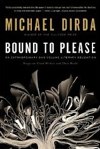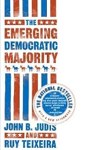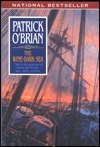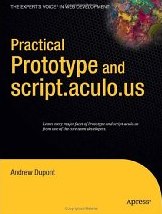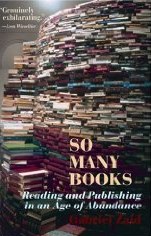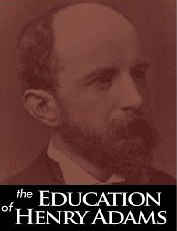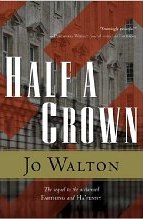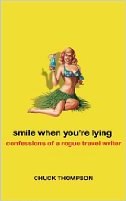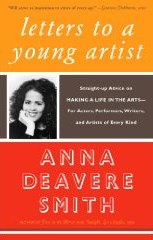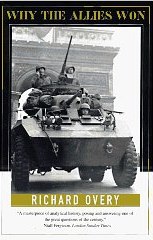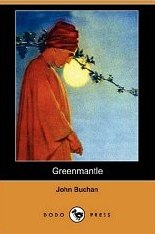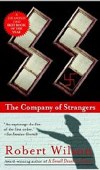I’ve been thinking a lot, lately, about the fantastic number of books that I sincerely intend to read right away. Not books that I ought to read eventually, or am embarrassed to admit not having read — did I mention that I just started Emma? — but books that sit in my modest, bedside pile. This pile doesn’t quite reach the ceiling, but it’s certainly a safety hazard.
I sought advice from Michael Dirda’s volume, billed as an extraordinary one-volume literary education. Thanks a lot, Dirda: I’ve just had to add three our four additional volumes that I must read immediately. (Make that five: see below,. It gets worse and worse.)
The first is a biography of Ralph Waldo Emerson (“one of those exciting books that flash bolts of lightning across an entire intellectual era and up and down modern history”). What was I thinking? I suppose I anticipated a lively, slender essay on this lively, slender man. When I get to chapter 100 (yes, dear reader, it does come in pints and there is a chapter 100), I’ll let you know.
Dirda is a graceful and attentive writer, and he’s not embarrassed to invite science fiction, light fiction, renaissance art, 19th-century correspondence, and poetry to the same party. He’s got a terrific eye for a quote. Here’s Perelman:
Our meal finished, we sauntered into the rumpus room and Diana turned on the radio. With a savage snarl the radio turned on her.
Do you know, I’ve managed to miss Perelman entirely? This passage is such a hoot, I really want to dial up Amazon and get The Most of S. J. Perelman
. Yes, this would aggravate the original problem. It would be another book on the stack. But what’s another book? Then there are delicious reviews of biographies and memoirs and collections that shouldn’t be put off: Trollope and Houseman and Avram Davidson, K. C. Constantine Kenneth Tynan and The Letters of Nancy Mitford & Evelyn Waugh. And the Landmark Herodotus.
As you see, this is a lovely book, and reading it has been a disaster.
December 3, 2008 (permalink)
